
“Just energy transition cannot be done by a small number of people. The principle is to be negotiated to orientate for solutions.” Thus, a just energy transition is to maximize the effectiveness of climate protection, in order to minimize risks for workers and their communities.
The development of clean energy and the reduction of fossil fuel plants that pollute the environment is an irreversible trend in the world, including Vietnam. However, the issue of securing employment for workers and the stakeholder communities, so that the transition is to justice and causing no social unrest, is still not properly considered.
On 18 September, 2018, Friedrich Ebert Stiftung Vietnam (FES Vietnam), Vietnam Union of Science and Technology Associations (VUSTA) and Green Innovation and Development Center (GreenID) coordinated an international conference: “Fostering cooperation to ensure a just energy transition” at Hanoi Sheraton Hotel. The conference attracted more than 100 participants, representatives of state agencies, experts, research institutes, trade unions, enterprises and scientific and technological organizations in the country. Among them are the attendance of Mrs. Nguy Thi Khanh - Manager of GreenID, Mr. Le Duy Tien - Deputy General Secretary and Chief of Science, Technology and Environment of VUSTA, Mrs. Yvonne Blos - FES Vietnam Climate Project Director, Mrs. Mauela Matthess - FES Berlin, Mr. Joachim Funfgelt - Bread for the World, and Mrs. Samantha Smith - Director of the Just Transition Center ... Each expert is both a moderator of the conference and a participant in the discussion about just transition.
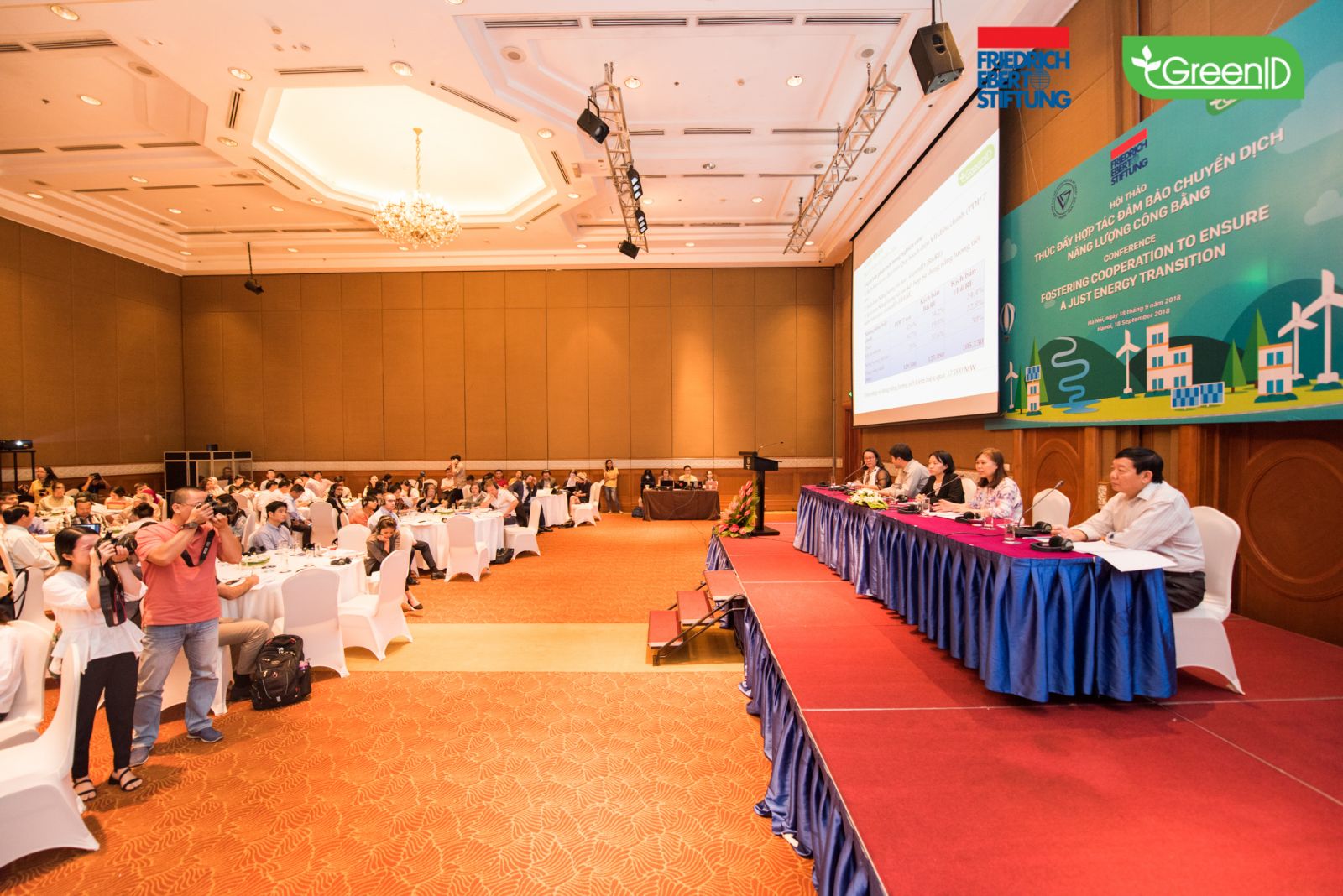
In one day of conference, each participant shared their international experience in strategy research and development for just transition, exchange knowledge about just transition in Asian countries; and also introduced the initial results of the just transition study in Vietnam. The questions slowly raised up, leading the participants from this surprise to another and bringing the answer to themselves.
What are the criteria for a just energy transition from a sociopolitical point of view?
How do trade unions and civil society organizations contribute to a just transition in the energy sector?
What are the opportunities and challenges associated with just energy transition?
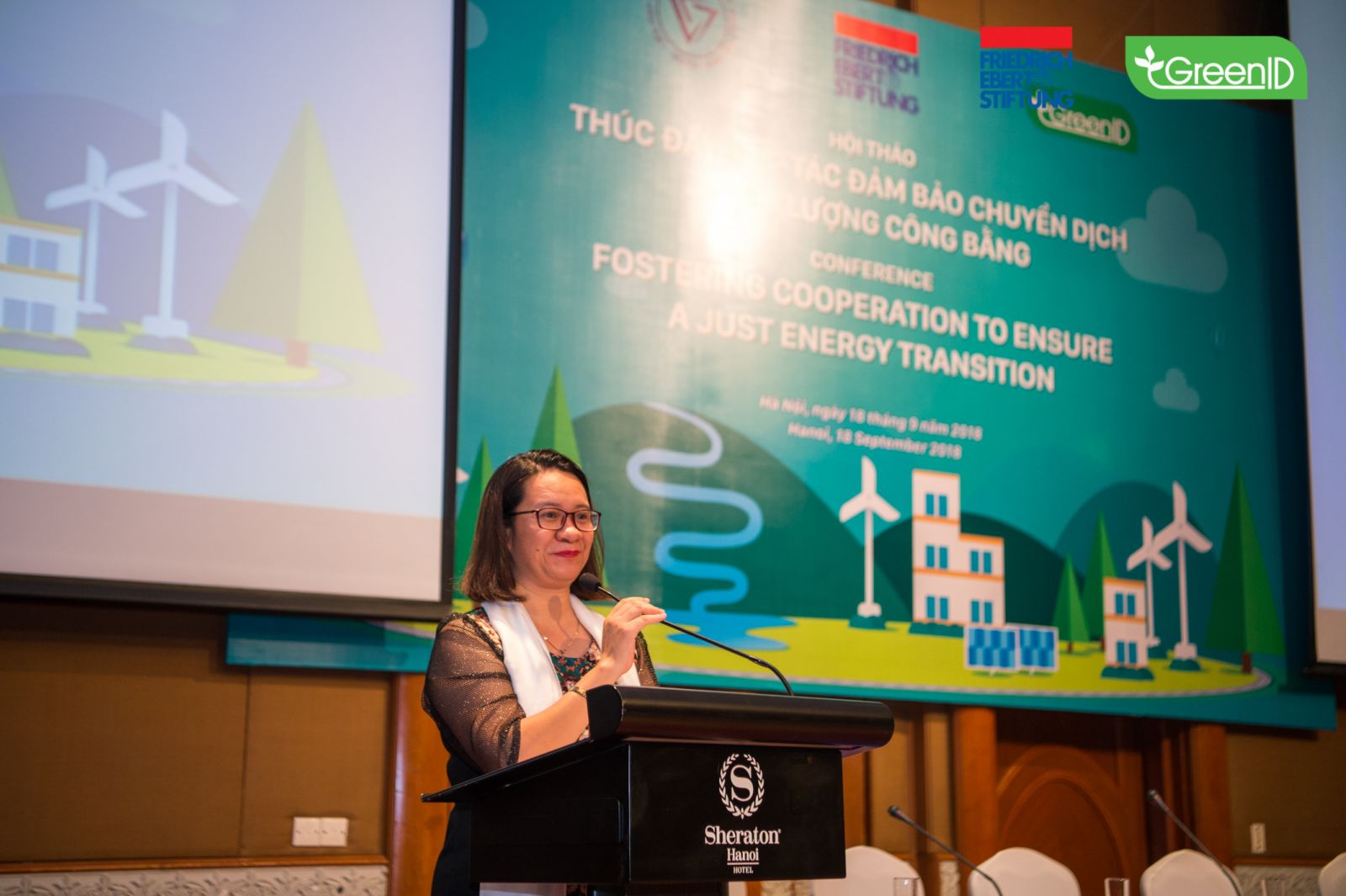
After the opening speech of Mr. Le Duy Tien, Mrs. Nguy Thi Khanh and Mrs. Yvonne Blos, Mr. Nguyen Quoc Khanh represented the research team and the draft report entitled “Just energy transition in Vietnam”, which outlined the impact of employment, environment, economy and society of the three power development scenarios and also analyzes opportunities, challenges, and recommendations to deploy a just energy transition. The conference also shared the principles and lessons learned for energy transition in developed countries and the challenges of ensuring just transition among workers.
Is there an opportunity for social organizations and trade unions to work together to discuss and and achieve a common goal: “Leave no-one behind”? As Joachum Funfgelt from Bread for the World states, “Just energy transition cannot be done by a small number of people. The principle is to be negotiated to orientate for solutions.” Thus, a just energy transition is to maximize the effectiveness of climate protection, in order to minimize risks for workers and their communities. But every individual or collective endeavor is not only limited to this research, but also research to find out the way to shorten the energy gap, to protect livelihoods, gender equality and employment for local people. In this process, priority should be given to increasing the participation of the stakeholder in order to encourage creativity from the local community, and to maximize the benefits of the multi-stakeholder.
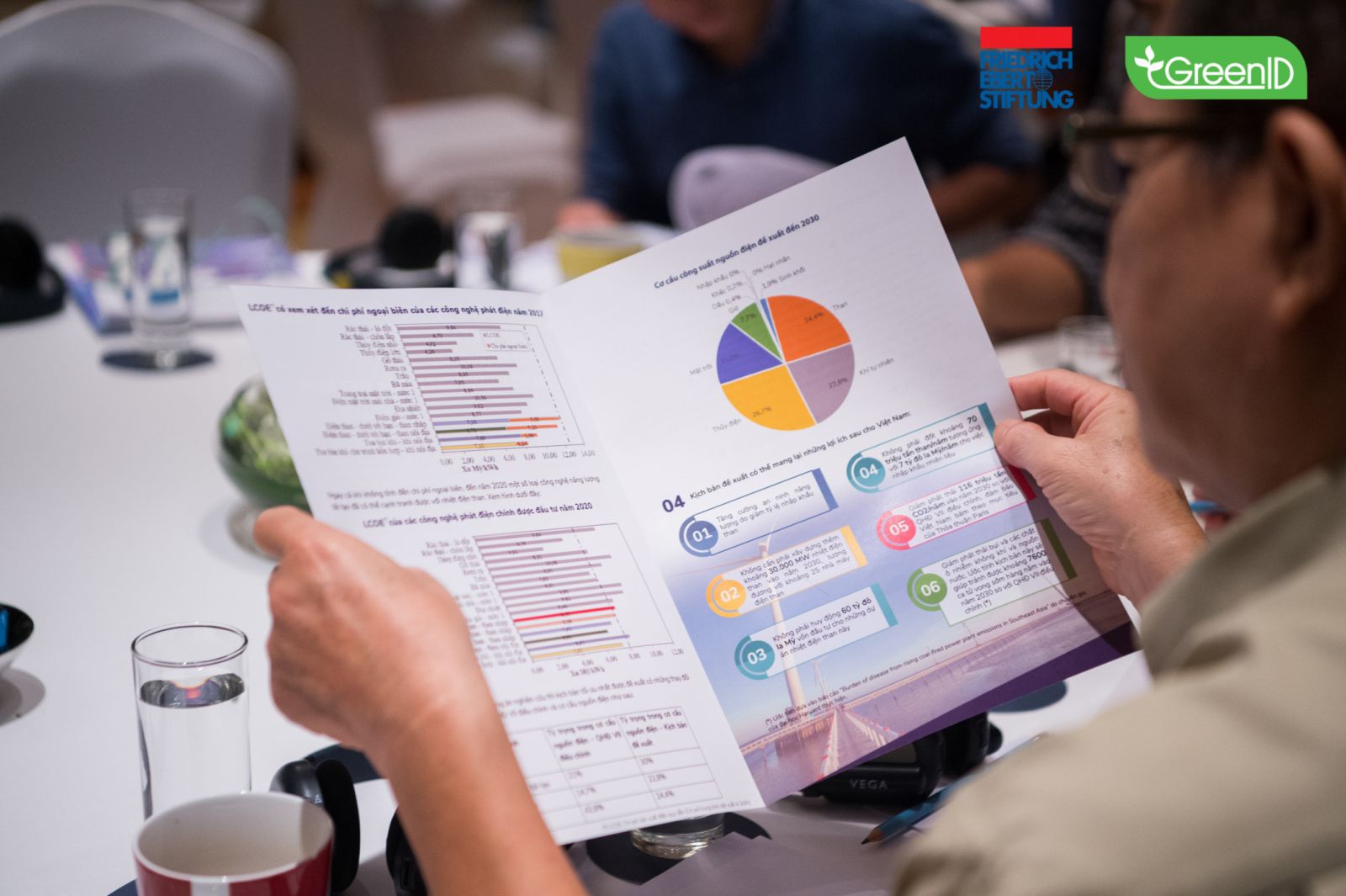
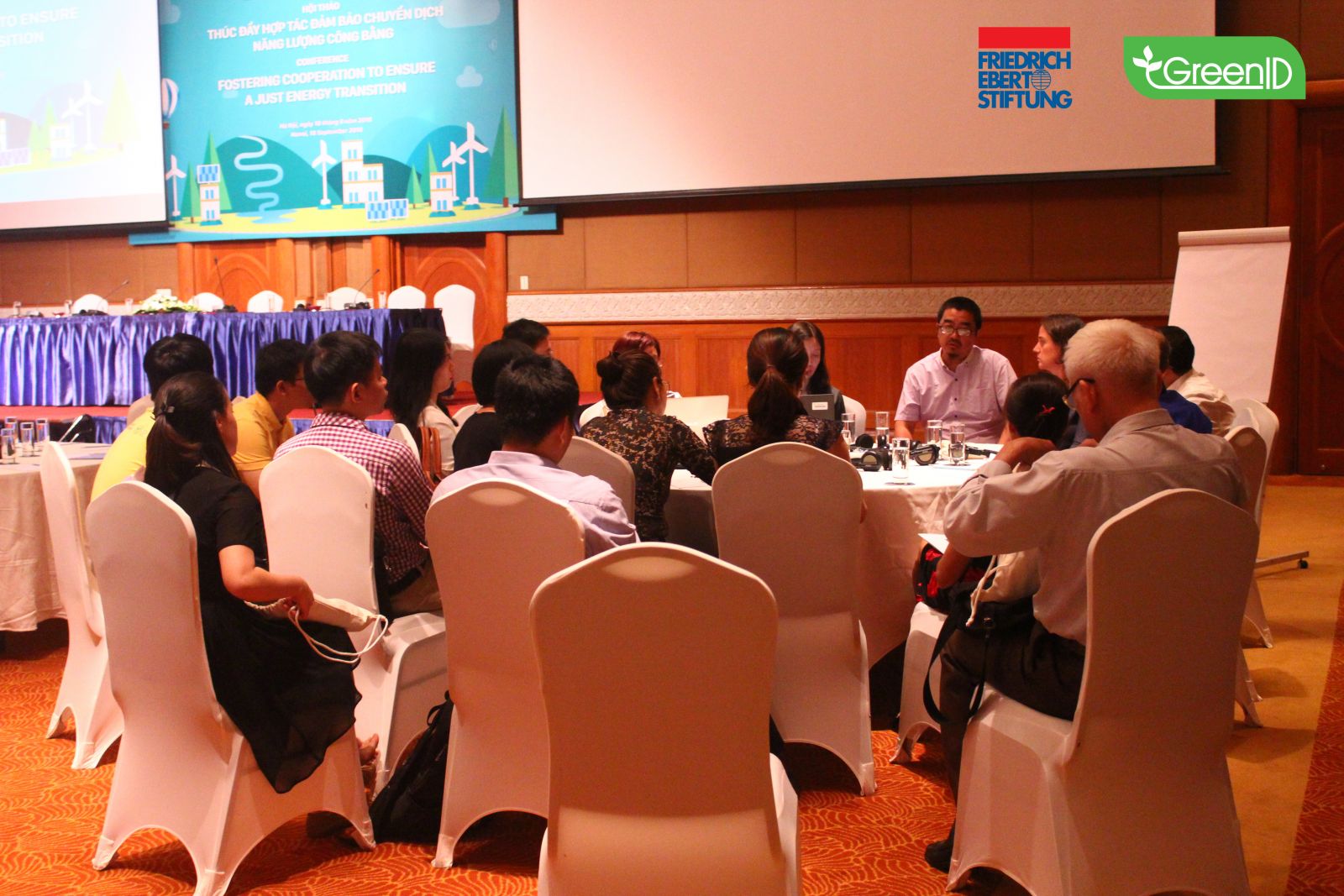
While the morning session, delegates have the opportunity to join the common space of the whole conference to exchange and speak up; the afternoon session of the conference was divided into smaller groups, sharing experience and lessons learned on just transition in some Asian countries such as Nepal, China, India, Philippines... Each delegate approached and advance to develop low-carbon energy in each country, thus opening up a multi-dimensional view for the general direction of the process of just energy transition for Vietnam.
The last hour of the conference brought the participants back to the roundtable, where speakers from the group discussions, representatives from China, India, Philippines, Thailand, Indonesia, Nepal and Vietnam have come together to come up with a plan, a strategic partnership to achieve a just energy transition in Asia.
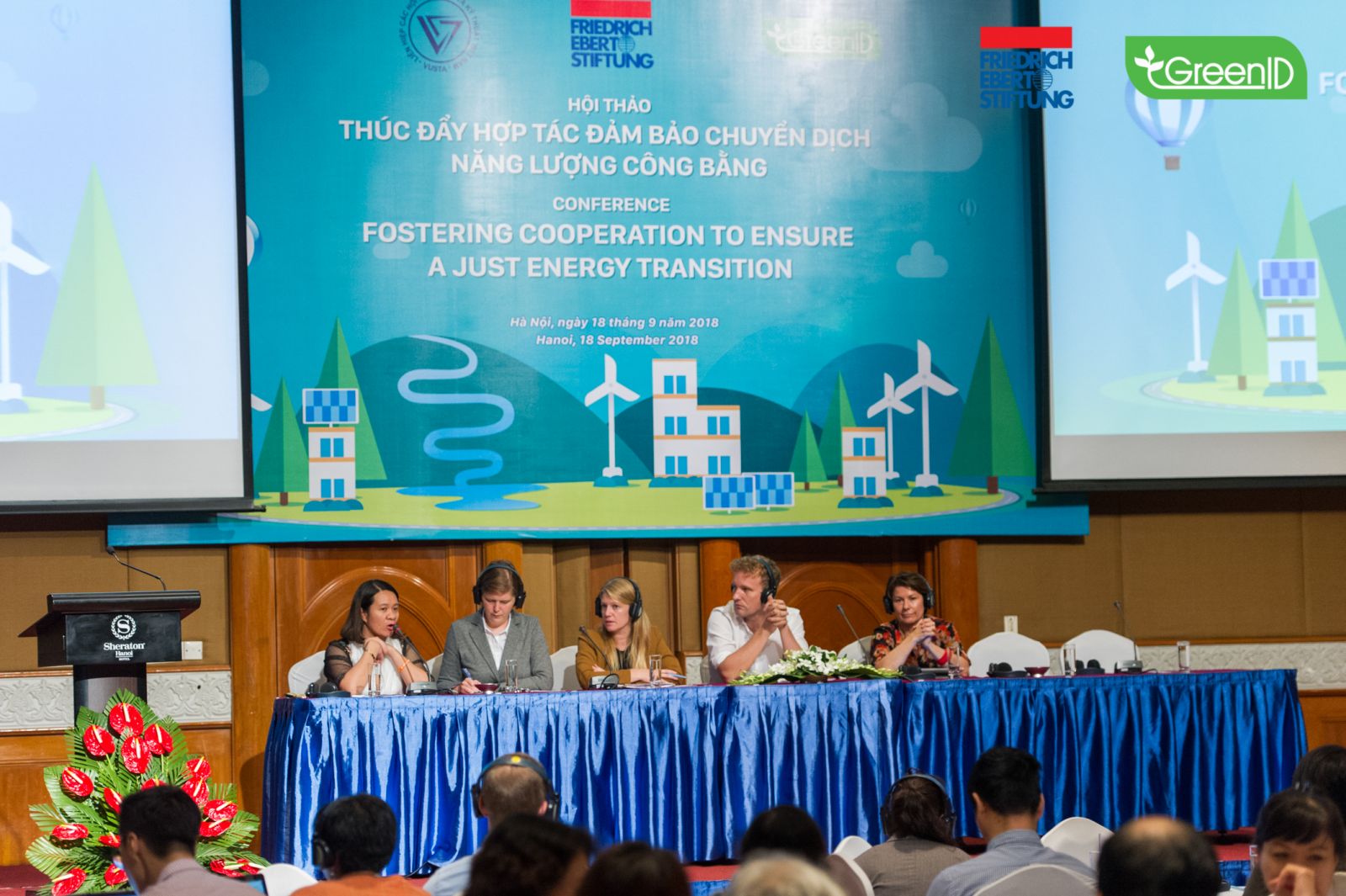
This journey is difficult and need time to develop, but it is always necessary, urgent, and possible. By striving for a more sustainable, more humane tomorrow's economy, by the desire to protect workers and their own communities, by the synergies of multi-stakeholder forums for human rights on the journey of shortening the gaps in general.

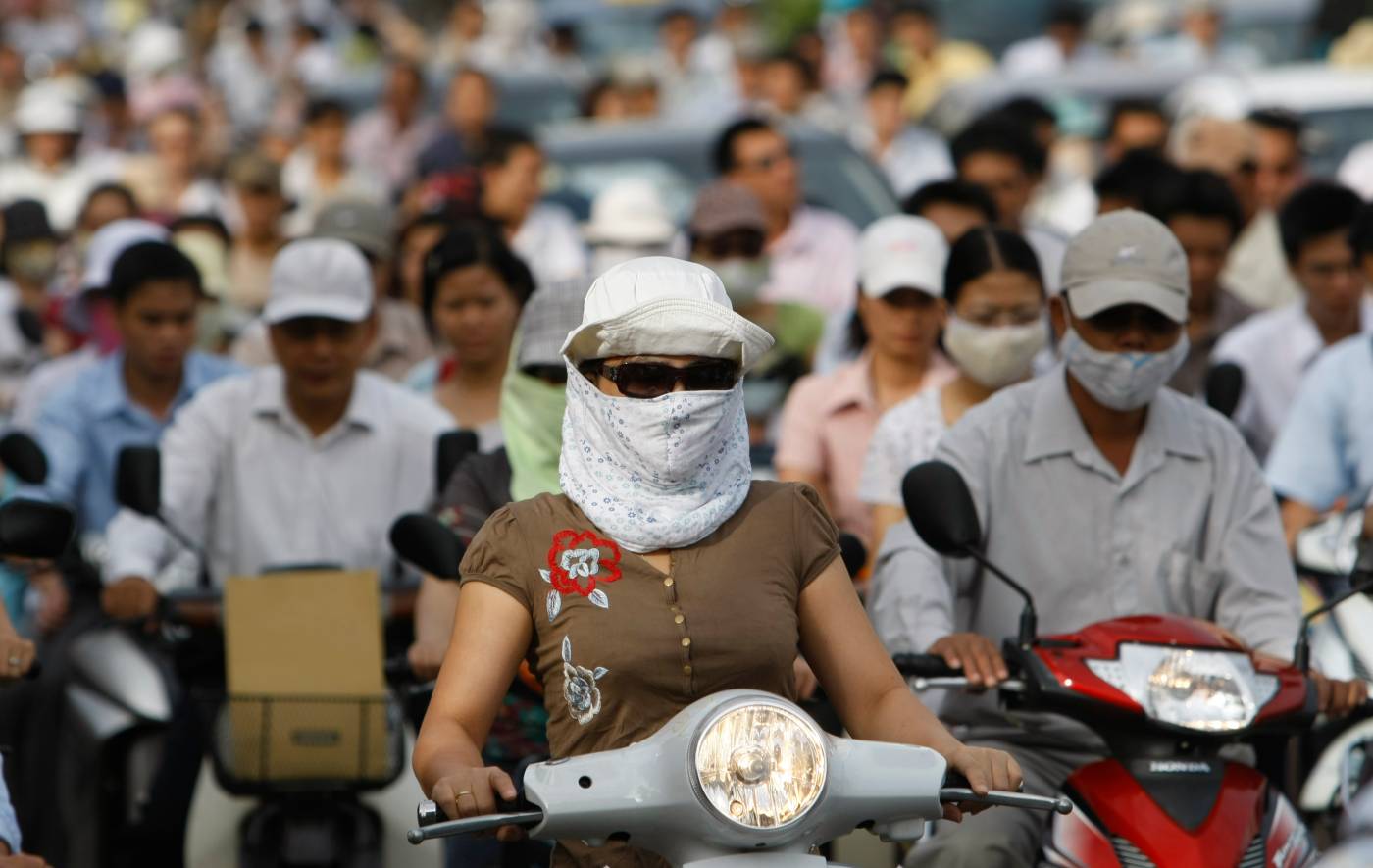
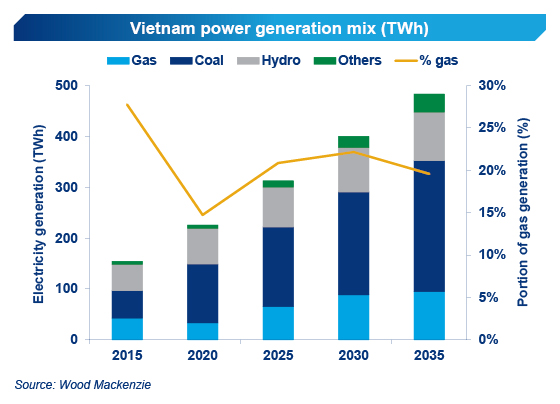
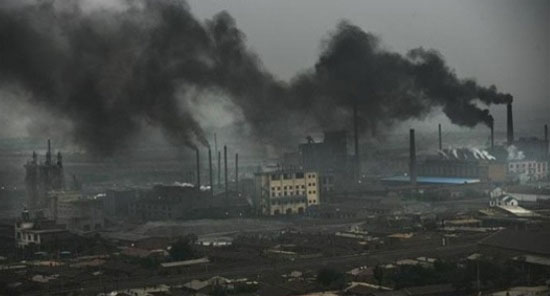
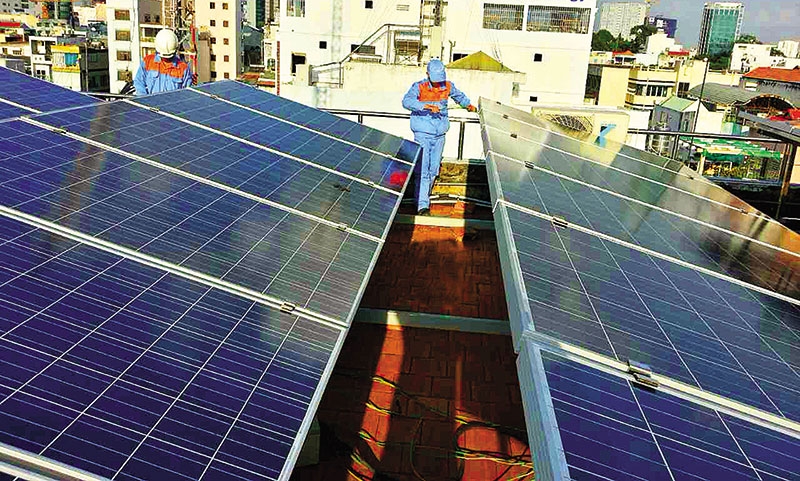
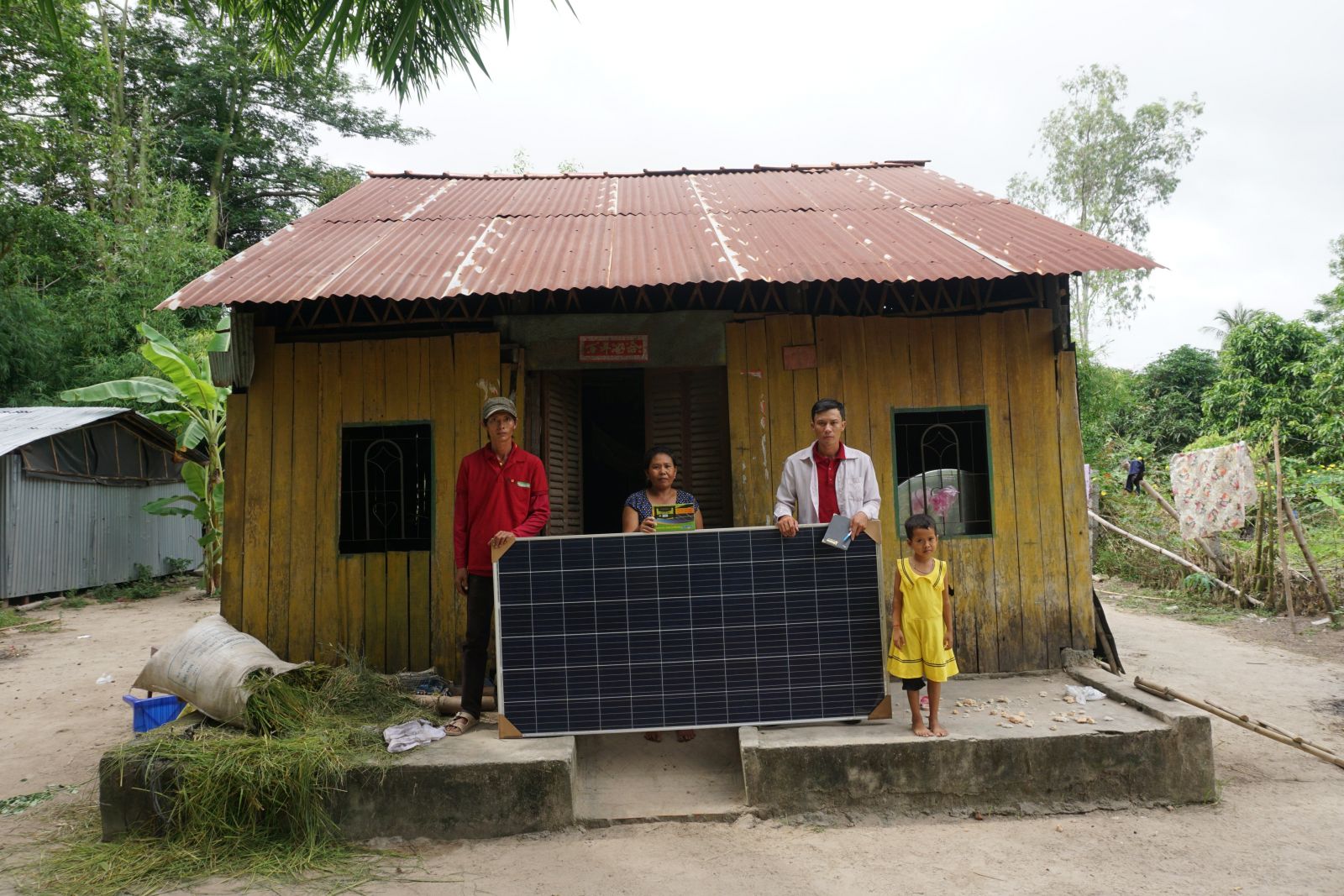

.png)
